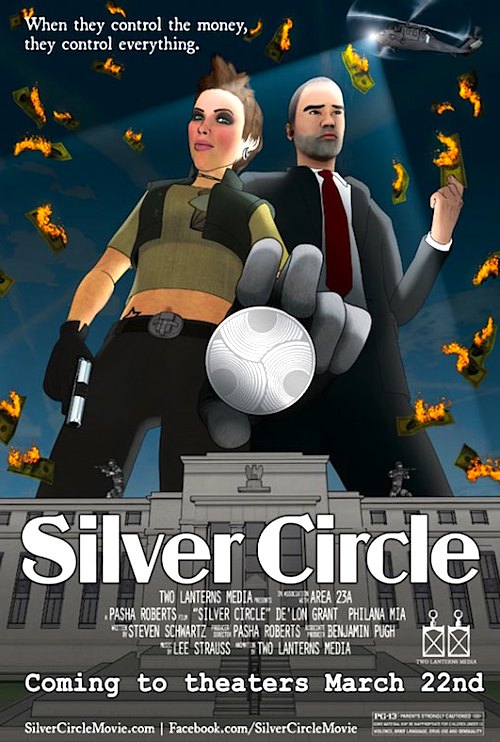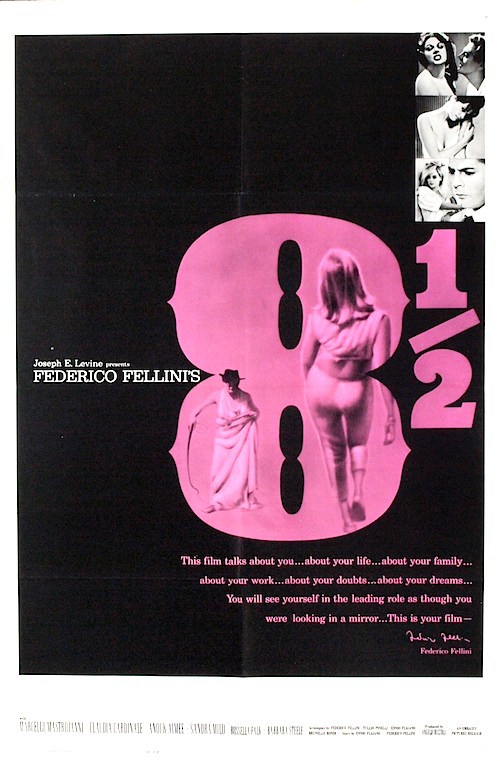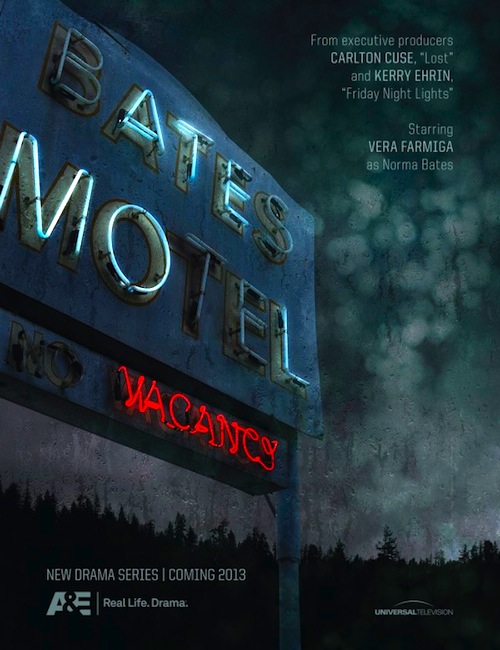By Joe Bendel. Any good illusion depends on a distraction. There were plenty of those in Republican era China, including rampant warlordism, the threat of foreign intervention, and a conspiracy to restore the Qing dynasty. Yet master illusionist Chang Hsien is far more concerned with rescuing his former fiancée in Derek Yee’s The Great Magician (see clip above), which releases today on DVD and Blu-ray from Well Go USA.
When Chang left to study magic abroad he left his intended without his ostensive protection. Belatedly learning she has been kidnapped and forced to live as warlord Bully Lei’s wife #7, Chang falls in with a group of revolutionaries plotting to abduct the abductor. However, he finds Liu Yin is just as hacked off at him as she is with Lei, whose clumsy advances she easily foils with some vintage Jackie Chan style acrobatics.

Nonetheless, Chang is determined to save her and his imprisoned mentor (her father, of course), but as he befriends Lei under false pretenses, he learns the circumstances are more complicated than he suspected and the warlord might not be as bad as he assumed. Then the real bad guys get down to business.
There are some stylishly choreographed scenes of Chang in performance that look great and advance the story quite cleverly. However, the film’s real ace in the hole is Zhou Xun’s Liu Yin. Subverting the damsel-in-distress convention, she is a genuine force to be reckoned with. Zhou frequently flashes her “we are not amused” look and it kills every time.
The suave illusionist might sound like a perfect role for Tony Leung (Little Tony Chiu-wai of Red Cliff and 2046, not Big Tony Ka-fa The Lover and Election) and he indeed fits comfortably into the tuxedo. Although he makes a smooth transition from martial arts to stage illusions, Leung frankly gets a bit hammy when the film periodically veers into slapstick. Yet he is the picture of dignity compared to Lau Ching-wan, who mugs shamelessly as Bully Lei. Still, the way their friendship develops on screen is somewhat endearing.
There is a lot of handsome spectacle in Great Magician, nicely rendered by Siu Fu Ma’s VFX team. Zhou’s fans will also be delighted with a lovely performance dripping with attitude, which considerably elevates the proceedings. There is a fair amount of shtick to wade through, though. Recommended primarily for fans of Leung, Zhou, and magic in general, The Great Magician is now available for home viewing from Well Go USA.
LFM GRADE: B-
Posted on March 19th, 2013 at 1:29pm.




